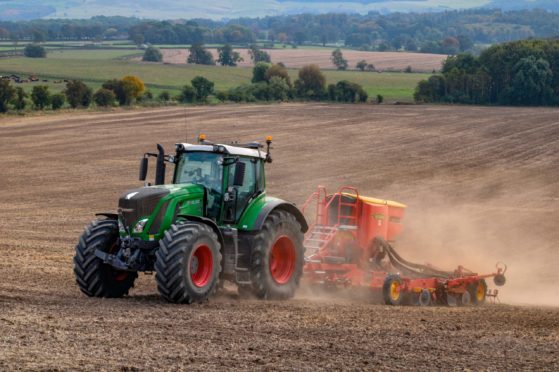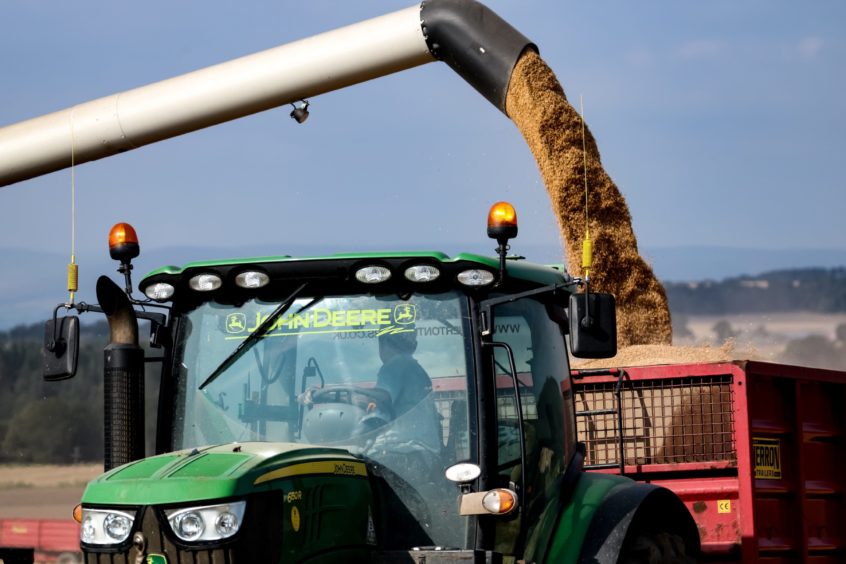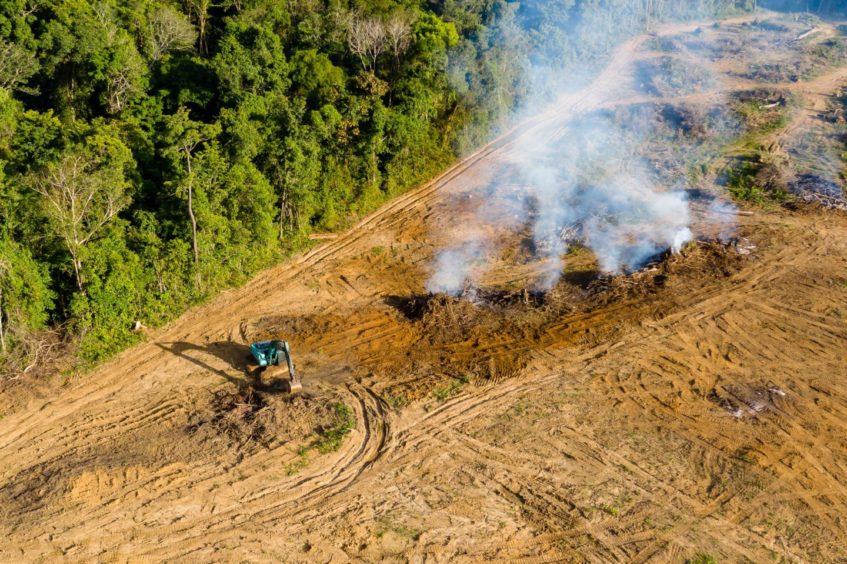The application of the Northern Ireland Protocol under Brexit has hit trade in livestock, seed potatoes, seeds, plants and even machinery between Northern Ireland and Scotland – and there are few signs this will be solved easily or quickly.
A committee of officials from the EU and UK has been looking at the problems this has created, but reports suggests the EU is taking a tough line, rejecting all suggestions to ease the restrictions.
This is part of wider post-Brexit trade problems, with the EU determined to treat the UK as a third country with no special advantages. The Northern Ireland problems stems from it remaining in the EU single market, creating an effective border in the Irish Sea.
This lack of goodwill from Brussels does not augur well for progress over food exports from Great Britain into the EU. This remains a one way issue, with trade effectively normal from the EU into the UK.
However, the Irish Farmers Association said this week the reopening of the catering sector in the UK would boost Irish beef prices.
Food
World food prices rose for a tenth consecutive month in March, hitting their highest level since June 2014. This is reflected in the United Nations Food and Agriculture Organisation (FAO) global food price index.
The index was 118.5 against 116 in February. This confirms that key global markets, particularly in Asia, are in a strong post-Covid recovery phase.
The FAO also said in the report that Cereal prices dipped in March by 1.7 per cent after eight months of gains – but they remain almost 30% ahead of the same month last year.
The cereal price dip was led by wheat. Dairy prices rose for the tenth consecutive month, registering a 3.9 per cent increase. The main driver was milk powder, boosted by a surge in imports in Asia, especially China.
Meanwhile, the EU is considering a new plan to break the stalemate in finalising its trade deal with the Mercosur countries of South America.
This group includes Brazil, and environmental problems there – including allegations of rainforests being cleared for agriculture – resulted in a number of EU member states blocking approval.
This has been a boost for farmers, because it delayed imports of Brazilian beef at reduced or zero tariffs.
Now binding environmental targets have been suggested, which Brazil and others would have to meet for the Mercosur deal to remain in place, which could see it agreed in Europe by the end of the year.
The UK is keen to secure a trade deal with Brazil, but that will also face environmental criticism. This could see the UK copy the EU approach, although Brazil may be less willing to compromise because its economic focus is on a deal with the EU.


